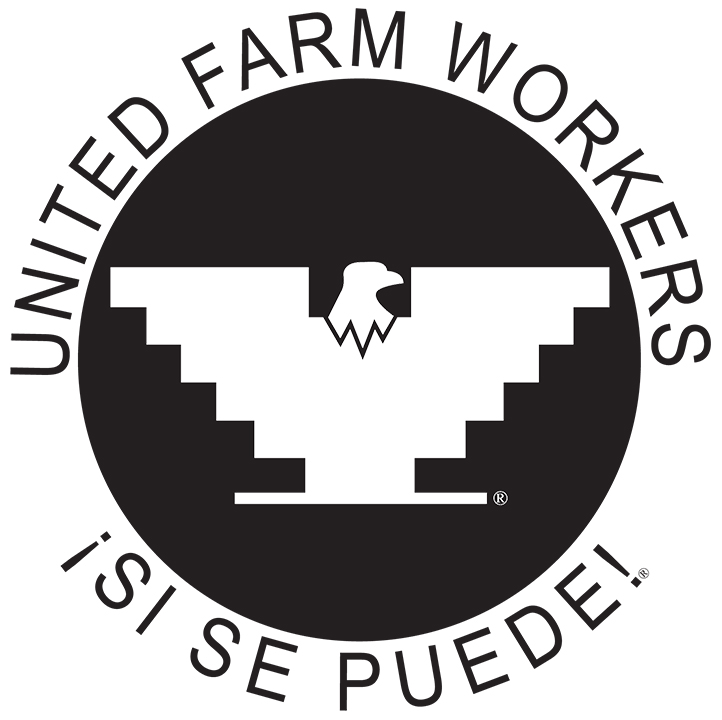My Dad owned a small drugstore in Oakland, California, at 40th and Telegraph, near the MacArthur Bart Station. He had a liquor license; we sold, beer, wine, and “hard stuff.”
In the early 1970s, the United Farm Workers’ Union (UFW), Cesar Chavez, and Viva la Huelga, were promoting a boycott of Gallo Wine products in California. Unfair labor practices was their foremost issue. Our store carried Gallo Wine for retail sale.

One summer day, a large crowd of farmworkers, several carrying “strike” signs, gathered on the sidewalk of Telegraph Avenue, in front of our store. Leaders of the crowd were speaking Spanish to the picketers when finally, several young men from the group entered and asked to speak with the owner.
My Dad came out from the pharmacy at the back of the store and walked up the aisle to speak with the leaders. One of the men spoke with my Dad, telling him why the boycott was occurring. He asked my Dad to stop selling Gallo products, and to take them off the shelves so they would not be seen. My Dad explained that he had already bought and paid for the wines and would lose money if unable to sell them. The UFW leaders suggested Dad’s loss would be far less than the loss to the farmworkers if their boycott was unsuccessful.
I was only sixteen or seventeen at the time, but even then I noticed that the manner of conversation between the group and my father was calm and respectful—I was struck that I was bearing witness to what rational discourse looked like, well before I knew what that meant.
After some discussion, considering the UFW’s last point, my Dad said he’d like to be able to sell what was on his shelves, but would not purchase any more Gallo products until the UFW and Gallo resolved their labor issues and disputes. My Dad and the lead negotiator shook hands, as an agreement was struck. The leaders then left the store to announce to the people outside what had taken place and beckoned all to come inside to see my Dad.
Suddenly the store was packed with farmworkers, men, women, children, babies in parents’ arms…the leader spoke alternately in Spanish, then English, about the importance of the support for the cause my Dad had shown, lauding his being a “good man.” The crowd began to cheer and hurrah my Dad, and many moved to shake his hand, or kiss his cheek.
My Dad was bewildered, overwhelmed, and embarrassed, as I don’t think he’d really thought much about this issue, and really didn’t know how important this was to these people—and none of us working at the store did, either. But we did after that day. It was one of those times that the singular humanity of a people in a struggle transcended any political or racial prejudice.
Dad’s eyes filled with tears and he could only acknowledge the accolades with hardly a word. After the group left, he was so choked up, we went to the very back of the store to collect himself, where in the storage room, he finally broke down, overcome with emotion.
In subsequent years, whenever the “UFW Day” was spoken of, he’d gently slough it off, discouraging conversation about it.
Still water runs deep.
Leave a Reply